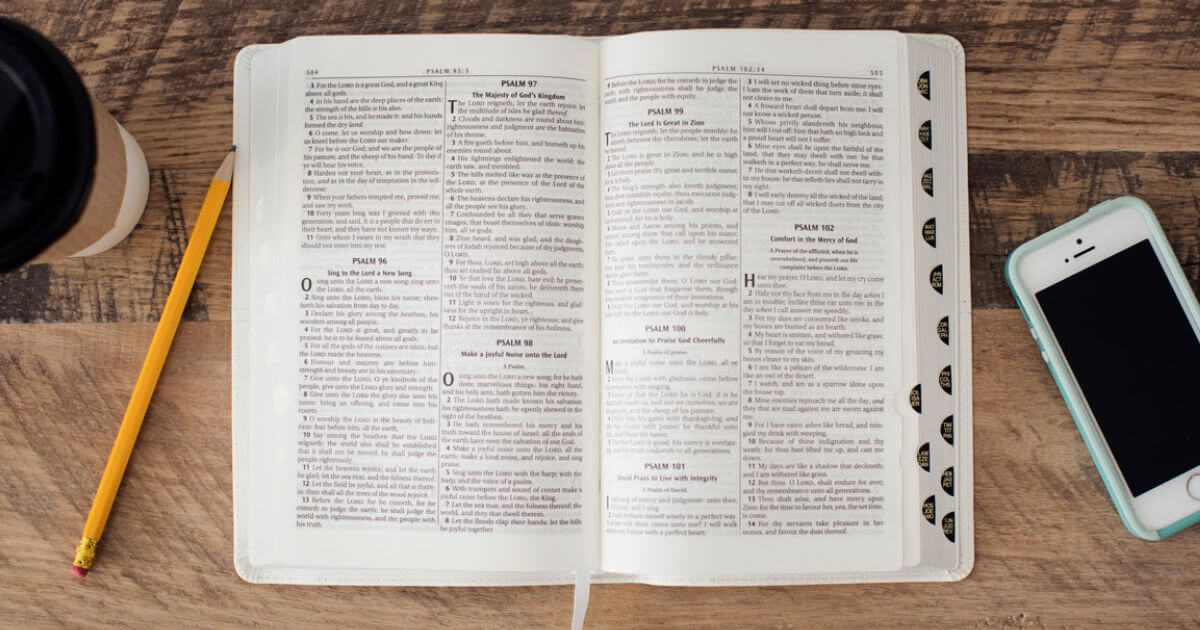Although the terms infallibility and inerrancy are sometimes used interchangeably, they are slightly different. Infallibility refers to the Bible’s inability to err in all it affirms, while inerrancy means the absence of any error. When referring to Scripture, the term infallible means the Bible is reliable and trustworthy (Joshua 21:45). The proof of biblical infallibility starts with the Bible itself. Passages such as Proverbs 30:5, 2 Timothy 3:16-17 and 2 Peter 1:21 claim the Bible comes from God. If the Word of God comes from God, and God is not capable of making mistakes, then His Word must also be incapable of mistakes, that is, infallible. Inductive reasoning can also demonstrate the infallibility of the Bible. Evidence from ancient manuscripts, archaeology, historical records, fulfilled prophecy, and modern intelligent design theory all contribute to validate the Bible. The central event in the Bible, the resurrection of Christ, is historically verified by many witnesses, showing the trustworthiness of the Bible.
The following three-step approach demonstrates infallibility without assuming biblical inspiration. First, an abundance of academic research confirms that the Gospels are reliable accounts of the life of Christ. The Gospels have been tested according to the standard methods of historical research.
Second, since the Gospel accounts are reliable, we can know how Jesus viewed Scripture because He tells us in the Gospels. Jesus consistently affirmed the divine authority and complete reliability of all categories of Hebrew Scripture, frequently quoting from every section—the Torah, the prophets, and the writings. In John 10:35, he calls the Old Testament “the Word of God,” adding, “and the Scripture cannot be broken,” implying infallibility. Christ further indicated that his own words were also God’s words since both are eternal (Isaiah 40:8; Matthew 24:35). Thus, Jesus’ words in the Gospels had the same authority as God’s words in the Old Testament, which Jesus viewed as the infallible Word of God.
Third, in the upper room on the night of Jesus’ betrayal, He promised His disciples that the Holy Spirit would be given to them to bring to their remembrance the past things he’d taught them (John 14:26) and also to guide them into all future truth (John 16:13). Thus, Jesus transferred His authority to His Apostles to continue His mission and to provide divinely ordained instruction that carried the same authority as Christ himself—which is exactly how the early church understood their authority. Since we have good reason to trust Jesus’ opinion, we have good reason to trust the authority and reliability of the Bible—both Old Testament and New—that He fully endorsed.




